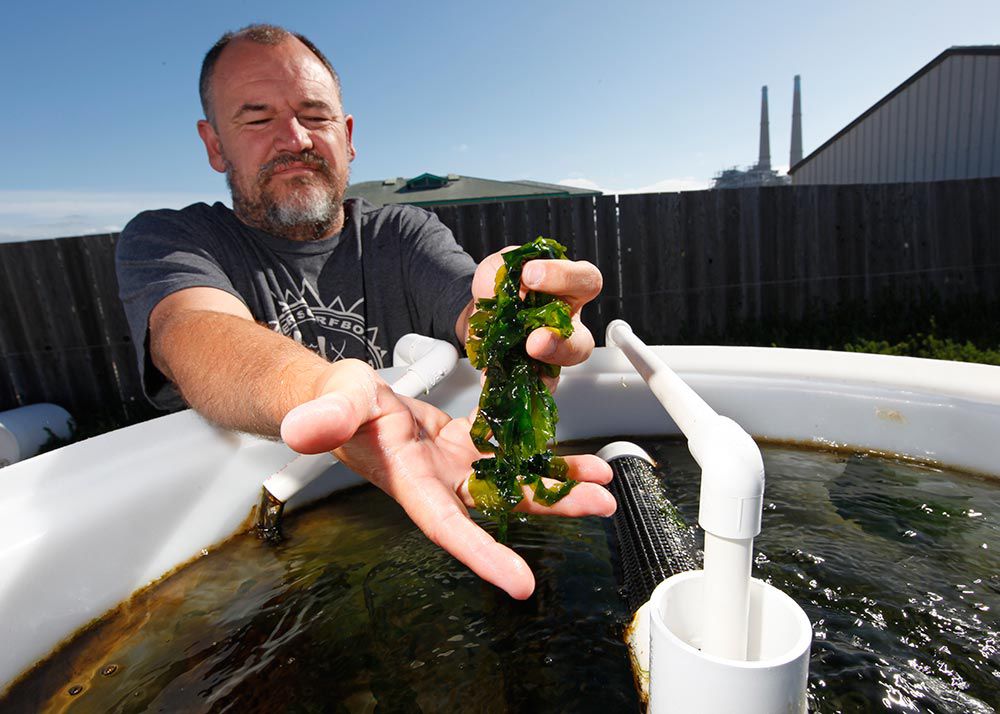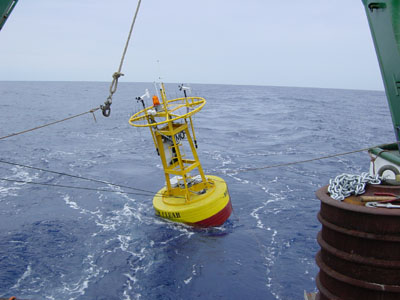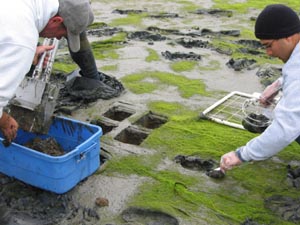RESEARCH OVERVIEW
MLML has a rich history of conducting research in the local environments in close proximity to the lab in central Monterey Bay (e.g. Elkhorn Slough, Monterey Submarine Canyon, and the kelp beds of Monterey and Santa Cruz), in addition to far flung locales such as Antarctica, Alaska, Bering Sea, Indian Ocean, Baja, Chile, Philippines, the Mid-Atlantic Ridge, and throughout the seas. The former 135’ R/V Point Sur that MLML operated for the National Science Foundation mostly operated in the California Current System, but also ventured to the coasts of Antarctica, Alaska, and Hawaii. Scientists from MLML continue to explore research ideas around the world. Researchers at MLML have various designations. The tenure-track or tenured Regular Faculty serves as the major advisors and teachers for the 80-95 graduate students enrolled at MLML but also conduct active international and local research programs. The Research Faculty conduct research via contracts or grants funded by governmental or private funding sources but they also help mentor students and occasionally teach a course. The Research Affiliates also are soft-money researchers but do not typically mentor students or teach. The final category of researchers is Adjunct Faculty, who conducts research through MLML but are not physically on site. All of these affiliated researchers (i.e. not Regular Faculty) add great depth to the disciplines featured at MLML and provide research opportunities and employment for our students. Because much of the research at MLML is conducted locally, much of the infrastructure has been developed to support this regional research activity. We have a robust and diverse marine operations, dive program, instrumentation, and facilities. There is an excellent wood and metal shop with well trained and capable facilities personnel to help researchers with fabrication and repair. The types of research conducted by faculty, researchers, and students are only bounded by the imagination of the person. We try not to create barriers for exploration.



Organismal Ecology Research
Faculty (can serve as Major Advisor)
Mike Graham (seaweeds)
Jon Geller (invertebrates and molecular ecology)
Scott Hamilton (fishes)
Gitte McDonald (seabirds and marine mammals)
Research Faculty
(can serve as mentors and on thesis committees)
Diana Steller (marine botany and Diving Safety Officer)
Dave Ebert (sharks, skates, and rays)
Rick Starr (fisheries ecology and management)
Alison Stimpert (bioacoustics and marine mammals)
Iliana Ruiz-Cooley (trophic ecology and large predators)
Val Loeb (plankton ecology)
Stacy Kim (benthic ecology)
John Oliver (benthic ecology and wetlands restoration)
Research Affiliates
(can serve as mentors on thesis committees)
Scott Benson (sea turtles)
Karin Forney (marine mammals and turtles)
Zach Peery (wildlife ecology and conservation)
Jenifer Zeligs (SLEWTHS)
Environmental Sciences Research
Faculty (can serve as Major Advisor)
Tom Connolly (physical oceanography)
Ivano Aiello (marine geology)
Kenneth Coale (biogeochemistry)
Nick Welschmeyer (biological oceanography)
Research Faculty
(can serve as mentors and on thesis committees)
Jason Smith (environmental chemistry and sensor technology)
Research Affiliates
(can serve as mentors on thesis committees)
Qing Wang (atmospheric science)
Tim Stanton (polar science)
Marco Sigala (MPSL-MLML)
Wes Heim (MPSL-DFW)
Kim Null (nutrient cycling)
Ross Clark (CCWG)
Mark Stephenson (MPSL-DFW)
Mark Yarbrough (MoBY)

